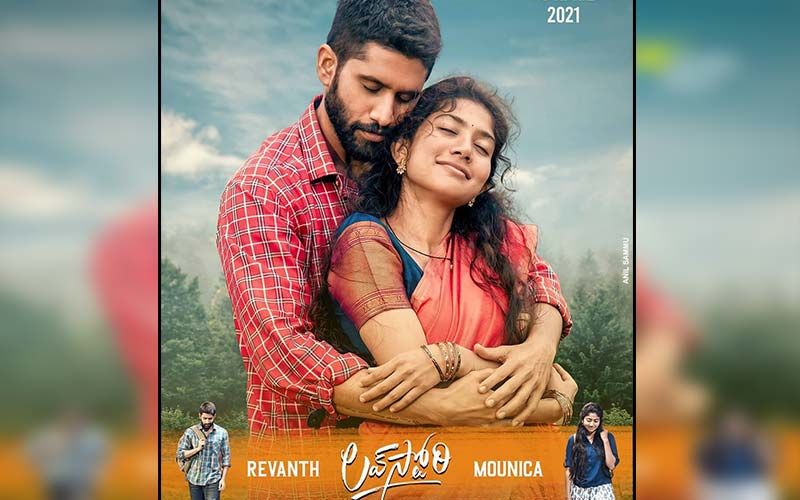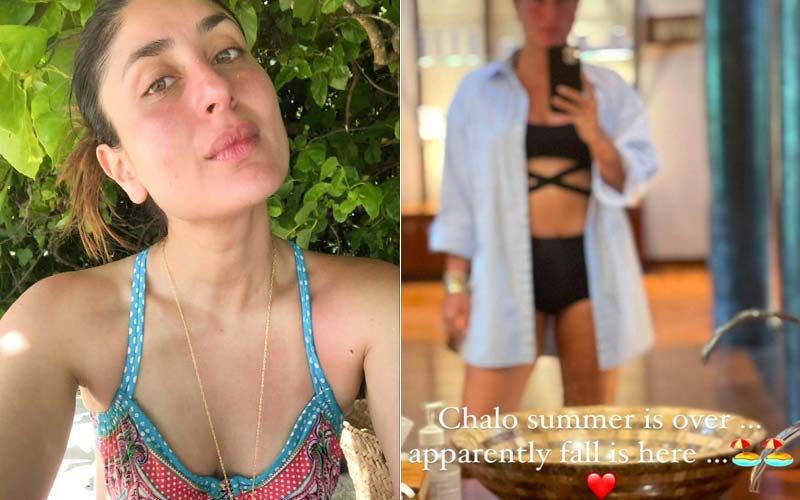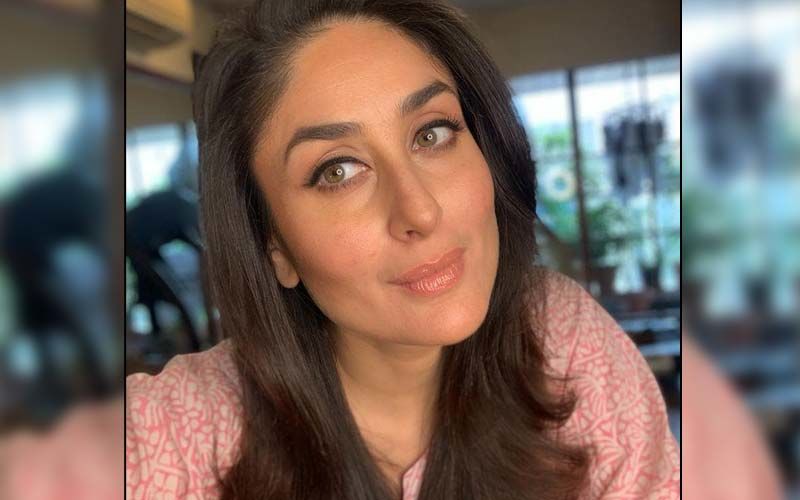Love Story Review: Naga Chaitanya, Sai Pallavi Elevate Love Story Into Something Special
rue to its title Love Story remains a well padded voluptuous love story till the violent somewhat abrupt end
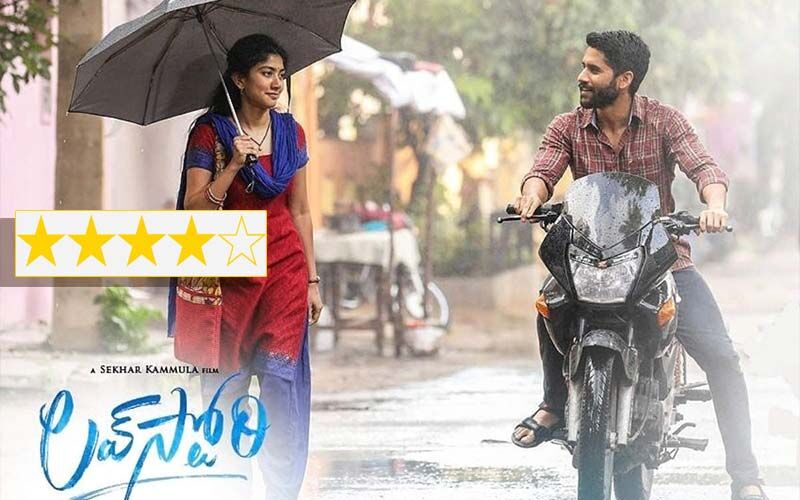

But damn, there is more story to be told. And I was more than happy to remain invested for a good 35 minutes extra. God knows good old-fashioned love stories are hard to come by. When was the last time you rooted for the love birds and prayed for them to not do a Romeo and Juliet on You? Please, no tragic endings. Not in these dark times.
Love Story (why such a pedestrian title?) is a spot of sunshine, especially when the alert and flirtatious camera (Vijay C Kumar) trains itself on Sai Pallavi. This girl with not a shred of artifice in her personality plays Mouni, a spirited girl from the village with a dark secret about a slimy uncle, determined to make something of her life in the city.
Mouni’s next-door neighbor is a Zumba instructor Revanth played by Naga Chaitanya. Their ek-duuje-ke-liye camaraderie is waiting to happen.
The girl simply merges into her Significant Other’s dreams. When she dances on the rooftop she touches the sky. When she feels the pangs of love, you want to enter the screen and pacify her. An absolute natural. That’s Sai Pallavi.
Her co-star Naga Chaitanya gives a born-again performance as the shy dancer with a heart of gold. Chaitanya’s pain-lined eyes and tentative body language convey more than words ever could. He has done a number of films before this. They all pale into insignificance. This is Naga Chaitanya’s true beginning. As the socio-economic underdog, Chaitanya is amply attuned to his character’s unspeakable baggage of oppression. Giving a minimalist performance he plays Ravanth as a quiet rebel. Clearly, this young actor is most eloquent when he has the least to say.
The film itself, a big bulky exposition of exploitation, has a lot to say. It doesn’t hold back. Strangely the background score serves as a cautionary sedate antidote to the melodrama. Writer-director Sekhar Kammula doesn’t go deep into the caste system. This is not a film that explores the dynamics of socio-economic discrimination with the scrutinizing gaze of Anubhav Sinha’s Article 15.
First and foremost Sekhar Kammula wants to tell an interesting story, and what’s wrong with that? Especially when not a moment is wasted in humbug. However, all is not gung-ho in the clever but fidgety screenplay. The subplot about child abuse is brushed under the carpet for too long, only to be brought it finally to induce an additional rage in the climax.
The beautiful songs and the exquisite dances do not occupy undue space. When they do occur they take our breath away. Sai Pallavi’s first dance act, a fusion of traditional Carnatic and Western styles is a choreographic wonder. I’ve not seen any actor male or female dance like that.
The romantic jugalbandi between Chaitanya and Pallavi is lowkey, lyrical. “Who cries after a kiss?” Mouli asks Revanth as a tear trickles down the side of one eye.
Who, indeed. Perhaps one who knows love, no matter how intense, is a fugitive feeling? How I wish the writer-director had given us a better closure to the love story! It’s as if the narrative is exhausted and suddenly stops caring for its protagonists. Fortunately, we remain invested in the love story until the very end. And after.
Image Source: YouTube/AdityaMusic
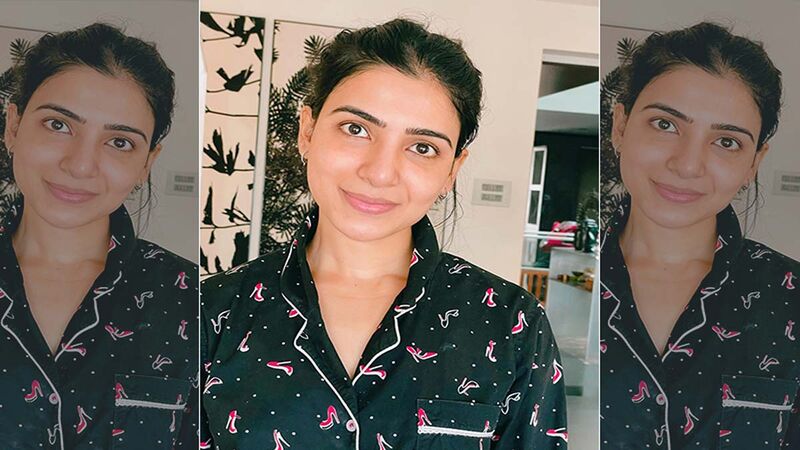
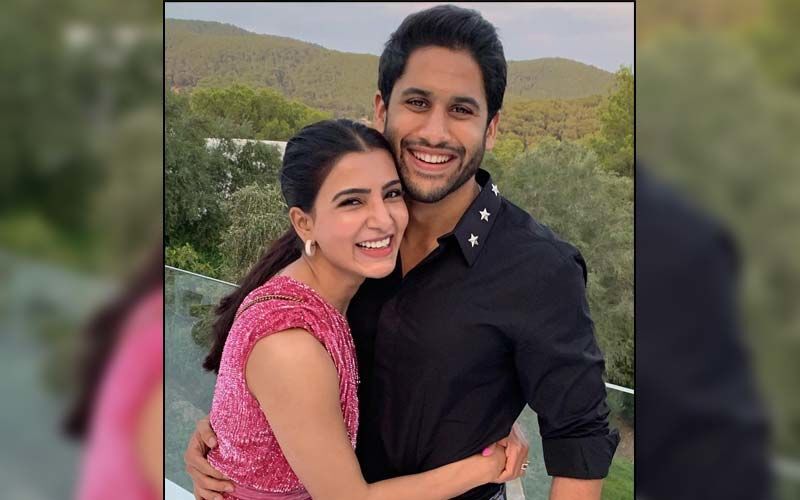
_2021-9-25-3-5-28_thumbnail.jpg )
